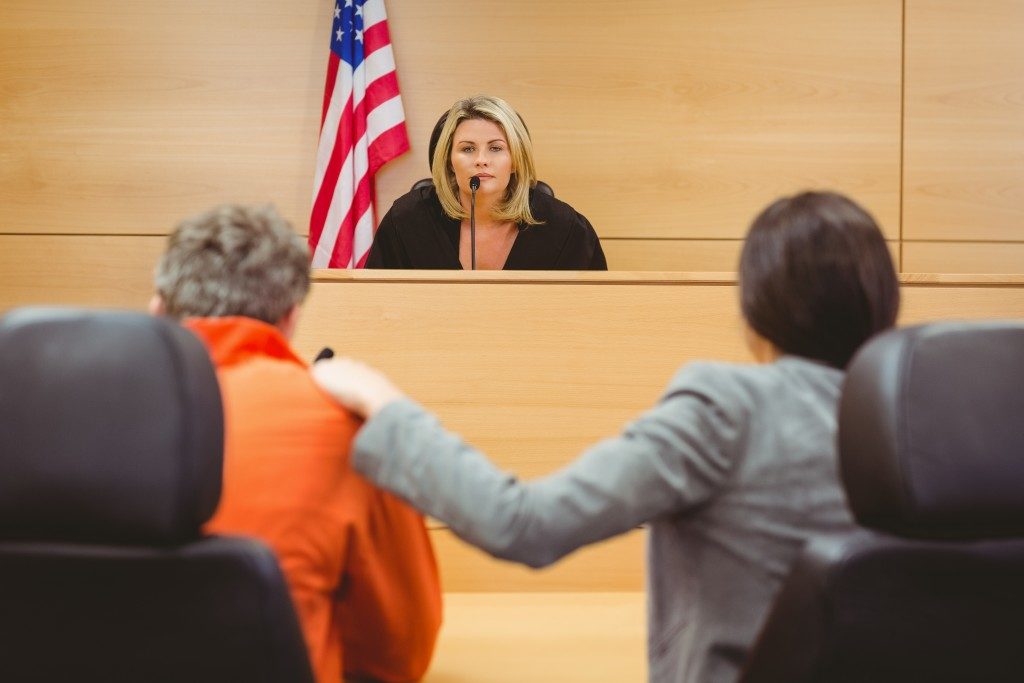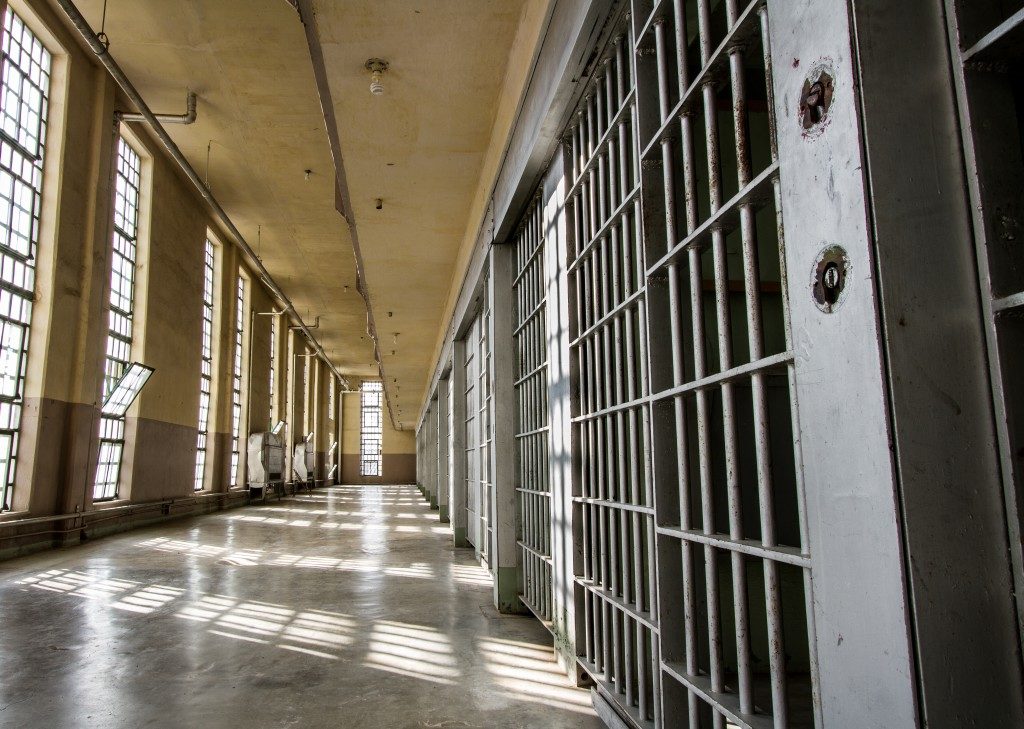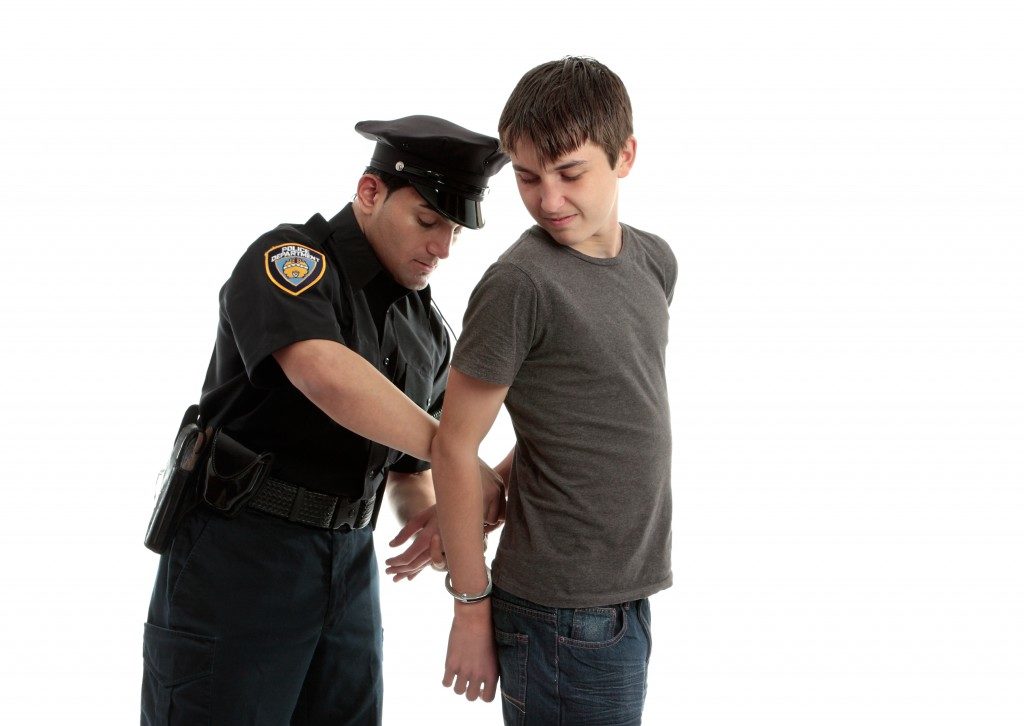In the tapestry of societal discussions and policies, justice and equality often emerge as fundamental threads. At first glance, they might appear synonymous, but a deeper exploration reveals distinct nuances and applications. Justice, rooted in fairness, righteousness, and moral rightness, plays a pivotal role in legal, social, and ethical contexts.
It’s about administering laws and principles that uphold fairness and moral correctness in society. On the other hand, equality stands as a beacon of uniformity in rights, opportunities, and status, advocating for an even playing field for all individuals regardless of their background.
The significance of these concepts cannot be overstated. From the corridors of criminal justice to the frameworks of social policies, justice, and equality are the yardsticks against which we measure the progress and morality of our societies. They influence decisions, shape laws, and guide ethical conduct in both public and private spheres.
In discussing equality vs equity and exploring the difference between equity and equality, it becomes evident that these concepts, while overlapping, address different aspects of societal balance and fairness.
This piece aims to unravel the meanings of justice and equality, delving into their definitions, applications, and the subtle yet profound differences between them. It explores the realms of equity, equality justice, understanding how justice as fairness contrasts and complements the pursuit of equality in various facets of life.
From the intricate dynamics of equality vs justice to the debates surrounding equity vs justice, this discussion will navigate through the complexities, highlighting the importance of both concepts in forging a fair and equitable society.
What do you mean by Justice?
Justice, a foundational pillar of society, represents the principles of fairness, moral rightness, and equity. It encompasses a wide range of applications, from the courts of law to the social norms that govern our interactions. This section delves into the multifaceted nature of justice, exploring its meaning in legal and social contexts and how it shapes our understanding of what is right and fair in society.
Definition of Justice:
Justice, a cornerstone concept in societal frameworks, is characterized by its focus on fairness, righteousness, and moral rightness. It transcends the mere application of laws; it’s an ethical compass guiding how societies function and individuals interact. In its essence, justice is about ensuring that everyone receives what they deserve, whether it be reward or retribution, assistance or penalty. It’s a principle that balances individual rights and the common good.
This concept is rooted in philosophical, legal, and social soils. In the realm of criminal justice, it becomes a beacon for measuring the effectiveness and morality of legal systems. Justice ensures that laws are not just inscriptions in legal texts but living, breathing standards that safeguard fairness and moral rightness in society.
Legal Justice:
- Role in the Legal System: Legal justice serves as the backbone of judicial systems worldwide. It demands that laws be applied equally and fairly, without prejudice or favoritism. The concept of justice in legal settings revolves around the idea that everyone, irrespective of their status or background, is subject to the same rules and consequences.
- Due Process: The principle of due process is central to legal justice. This ensures that every individual has the right to a fair trial, a competent defense, and an unbiased judgment. Due process is about safeguarding individuals from arbitrary and unjust legal proceedings, ensuring that justice isn’t just served but served correctly and equitably.
- Fair Treatment of Individuals: Justice in the legal sphere also encompasses the fair treatment of individuals. This includes the humane treatment of suspects and prisoners, and the right to appeal and seek redress against unjust decisions. It’s about ensuring that the justice system is not just a tool for punishment but a mechanism for upholding moral rightness and fairness.
Social Justice:
- Broader Concept: Social justice extends beyond the confines of legal systems, encompassing a broader spectrum that includes economic, political, and social dimensions. It’s about creating a society where the distribution of resources, opportunities, and privileges is not skewed by discrimination or bias.
- Pursuit of a Fair and Equitable Society: The pursuit of social justice is a continuous endeavor to bridge gaps in society, ensuring that all individuals, regardless of their race, gender, sexual orientation, or socioeconomic status, have equal access to opportunities. This includes addressing issues like poverty, inequality, and discrimination, and working towards creating a society where everyone has the chance to succeed and thrive.
The concept of justice, whether in legal or social contexts, is an ever-evolving one, adapting to the changing needs and moral understandings of society. It’s not static but dynamic, constantly seeking to find the right balance between individual needs and societal good. Understanding justice in its various forms is crucial to grasping how it shapes our societies and the laws that govern us.
What do you mean by Equality?
Equality refers to the state where all individuals are treated with the same level of fairness and respect, enjoying equal rights, opportunities, and access to resources. This section examines the concept of equality in its various dimensions, from legal rights to social and economic opportunities, highlighting its importance in creating a society where everyone has the chance to succeed irrespective of their background or circumstances.
Definition of Equality:
Equality, often spoken in the same breath as justice, brings its unique essence to the social fabric. It refers to the state of being equal, especially in terms of rights, opportunities, and status. This concept advocates for a level playing field where every individual has the same chances to succeed and thrive regardless of their background. Equality is not just an ideal; it’s a goal that societies strive towards, ensuring that disparities in wealth, status, and power don’t become barriers to an individual’s potential.
In various spheres of life, from the workplace to the education sector, equality is a guiding principle. It’s about dismantling the barriers that prevent people from accessing the same opportunities and being treated with the same dignity and respect. Equality is fundamental in discussions about equity vs equality, emphasizing the importance of uniform treatment as a means of achieving fairness.
Equality in Rights:
- Concept of Equal Rights for Individuals: At its core, equality in rights means that every individual is entitled to the same legal and human rights. This concept is foundational in modern democracies and legal systems, underscoring the idea that all individuals, regardless of race, gender, religion, or other characteristics, are entitled to the same protections and freedoms.
- Legal Frameworks Ensuring Equality: Legal frameworks around the world aim to enshrine this concept of equality in rights. Laws and policies are designed to prevent discrimination and ensure that everyone has equal access to justice, education, healthcare, and employment. These frameworks are not just about preventing inequality but actively promoting equal treatment and opportunities.
Equality of Opportunity:
- Importance of Providing Equal Opportunities: Equality of opportunity is about ensuring that every person has an equal chance to pursue their goals and ambitions. It’s a commitment to removing the barriers that hinder people from realizing their potential, whether those barriers are economic, social, or educational.
- Role of Education and Employment in Promoting Equality: Education and employment are two critical arenas where equality of opportunity plays a significant role. Ensuring equal access to quality education means that every child has a fair chance at success regardless of their family’s socio-economic status.
Similarly, equality of opportunity in the workplace involves creating environments where individuals are judged based on their abilities and merits, rather than their background or identity.
Equality, in its various forms, is essential to creating a society where everyone has a fair chance to succeed. It’s about recognizing that while we may be different in many ways, we all deserve the same opportunities to live fulfilling lives.
Understanding equality and its application across different spheres is crucial to comprehending the broader discussions around equality vs equity, equity vs equality, and the interplay between equality and justice.
Know the Difference: Justice vs. Equality
Understanding the distinction between justice and equality is crucial in comprehending their roles in shaping a fair and equitable society. While they are interrelated and often used interchangeably, they address different aspects of fairness and equity.
Distinct Concepts:
Justice and equality, though converging in their pursuit of a fair society, are inherently distinct concepts. Justice, as discussed, revolves around fairness, moral rightness, and the righteous application of laws and principles. It focuses on ensuring that individuals receive what they deserve, based on their actions and circumstances. Equality, on the other hand, emphasizes uniformity in treatment and opportunities, advocating for the same level of consideration and opportunity for all, regardless of their unique characteristics or circumstances.
Justice as Fairness:
- Fairness in Treatment and Judgment: Justice is often synonymous with fairness. It’s about equitable treatment and just judgment, ensuring that individuals are treated in a right and appropriate manner. This involves considerations of both retributive and restorative justice, where the focus is on rectifying wrongs and restoring balance.
- Principles of Distributive Justice: Distributive justice, a key component of the justice paradigm, concerns itself with the fair allocation of resources and opportunities. It’s about ensuring that societal benefits and burdens are distributed in a just and equitable way, considering individual contributions, needs, and circumstances.
Equality as Sameness:
- Ensuring Sameness or Equal Treatment: Equality focuses on providing the same level of opportunity and treatment to everyone. It’s about eliminating discrimination and ensuring that no individual is disadvantaged or privileged based on arbitrary factors like race, gender, or socio-economic status.
- Emphasis on Eliminating Discrimination: The essence of equality lies in its commitment to eradicate biases and prejudices. It strives to create an environment where everyone, regardless of their background, has the same chances to succeed and is treated with the same respect and dignity.
Balance and Context:
- Need for Balance Between Justice and Equality: The relationship between justice and equality is not a zero-sum game. There’s a need for balance, where the principles of fairness and uniformity complement each other. In some situations, the pursuit of justice may require measures that seem unequal (like affirmative action), but they aim to rectify historical injustices and imbalances.
- Context and Specific Situations: The application of justice and equality varies depending on the context and specific situations. In some cases, justice might demand more individualized treatment, while in others, equality might necessitate a uniform approach. The key is to understand the specific needs and goals of each situation to determine the most appropriate application of these concepts.
Examples of Trade-offs:
- Achieving Justice Might Require Temporary Inequality: In certain scenarios, achieving a just outcome might involve temporary measures that appear unequal. For example, providing extra support to disadvantaged groups to level the playing field can be seen as a form of justice that temporarily tilts the scale away from strict equality.
- Equal Outcomes May Not Necessarily Be Just: There are instances where equal treatment might lead to outcomes that are not just. For example, treating everyone identically, regardless of their differing needs or circumstances, can result in unfairness. True justice might require a more nuanced approach that considers these differences.
The exploration of justice versus equality sheds light on their distinct yet interconnected roles in society. While they both aim to create a fair and equitable world, their approaches and focuses differ. Understanding these differences is essential in navigating the complex landscape of societal fairness and in making informed decisions that uphold both justice and equality.
Bottom Line
The journey through the intricate landscapes of justice and equality brings us to a nuanced understanding of these pivotal concepts. Both are integral to the fabric of a fair and equitable society, yet they operate on different, albeit overlapping, planes.
In conclusion, the discourse on justice versus equality is more than an academic debate; it’s a reflection of our collective pursuit of a society that values fairness, dignity, and opportunity for all. By understanding and appreciating the differences and interconnections between these concepts, we can better navigate the challenges of our times and contribute to building a world that is just and equal in the truest sense.



